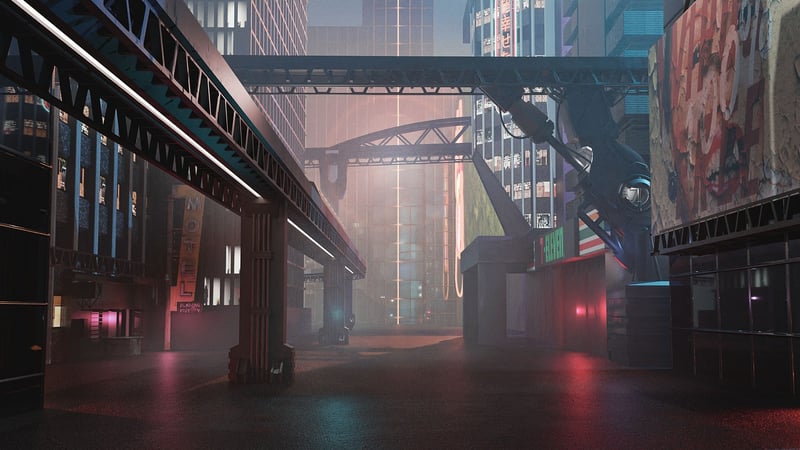Future Dystopia
Exploring Different Eras and the Future Dystopia
A Glimpse into History
Throughout history, humanity has witnessed various eras each marked by distinct characteristics and societal norms. From the ancient civilizations of Mesopotamia and Egypt to the Renaissance in Europe and the Industrial Revolution, each era has shaped the world in unique ways.
Ancient Civilizations
The ancient civilizations of Mesopotamia, known for their advanced irrigation systems, and Egypt, with its monumental pyramids, are testaments to human ingenuity and architectural prowess.
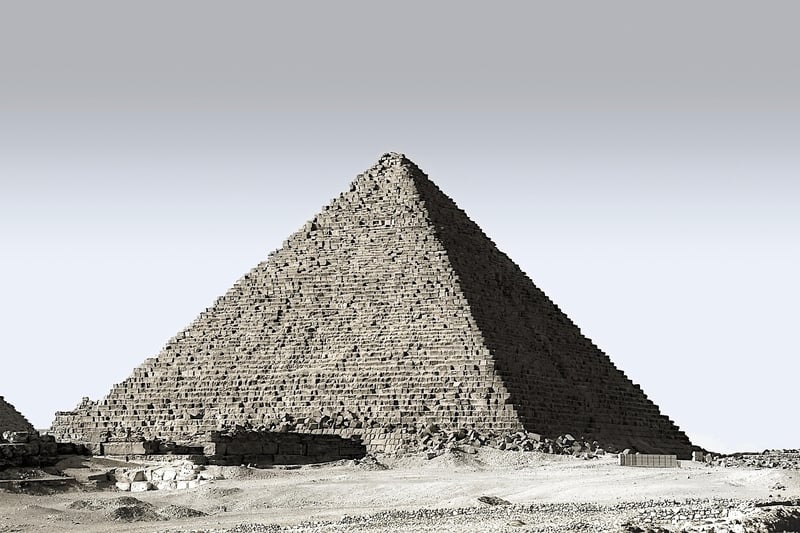
The Renaissance
The Renaissance era in Europe brought about a revival of art, culture, and learning, with iconic figures like Leonardo da Vinci and Michelangelo leaving a lasting impact on the world.
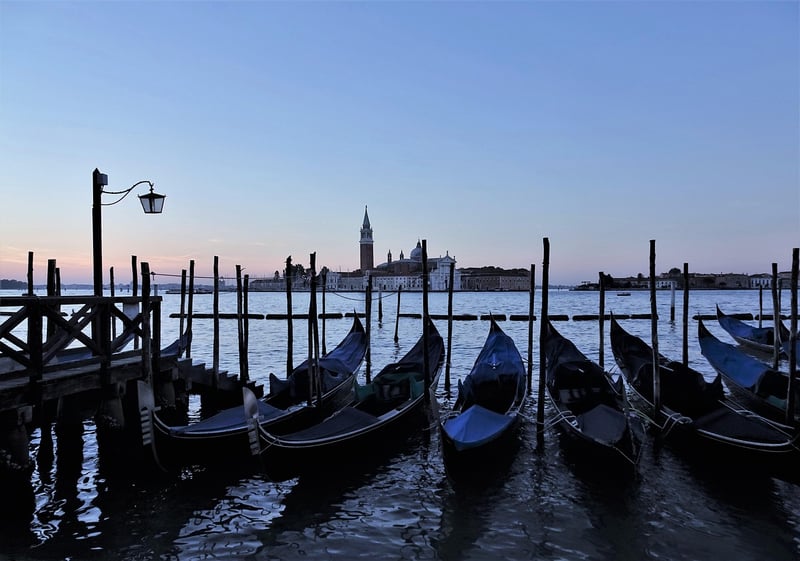
The Industrial Revolution
The Industrial Revolution transformed societies through technological advancements, leading to urbanization and the mechanization of industries, forever changing the way people lived and worked.
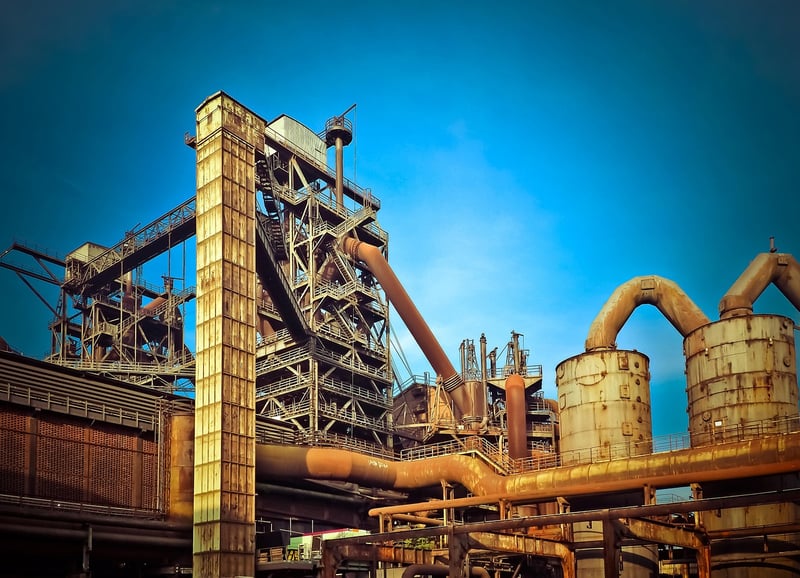
Imagining a Future Dystopia
As we look towards the future, the concept of a dystopian society has captured the imagination of many. Dystopian literature and films often depict a bleak world characterized by totalitarian regimes, environmental degradation, and societal collapse.
Dystopian Themes
Common themes in dystopian narratives include government surveillance, loss of individual freedoms, and the consequences of unchecked technological advancement.
Environmental Decay
In many dystopian visions, the environment has suffered irreparable damage due to human exploitation and neglect, leading to a world devoid of natural beauty and resources.
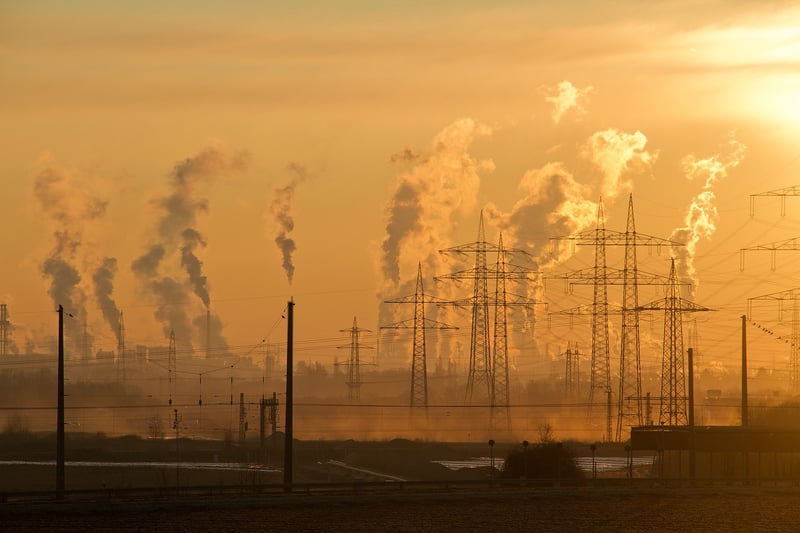
Social Strife
Social inequality, oppression, and resistance against oppressive systems are often central themes in dystopian narratives, reflecting contemporary concerns about power dynamics and justice.
Whether reflecting on the past eras that have shaped our present or contemplating the possibilities of a future dystopia, exploring different time periods allows us to appreciate the complexities of human civilization and the potential consequences of our actions.
